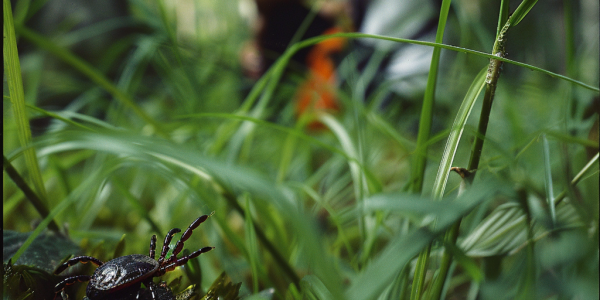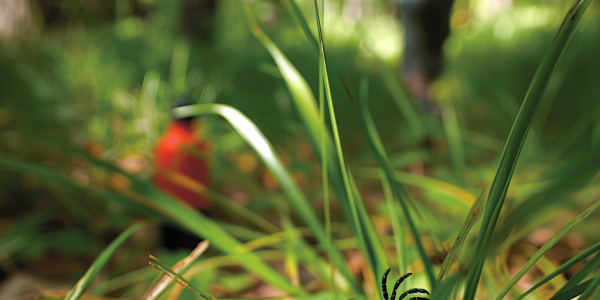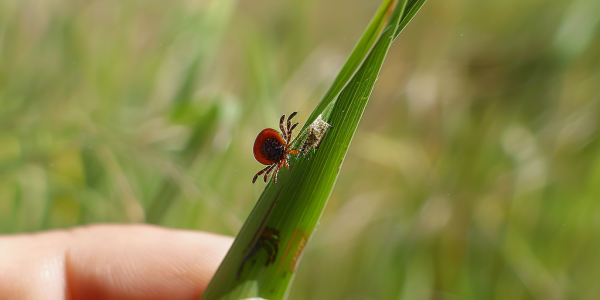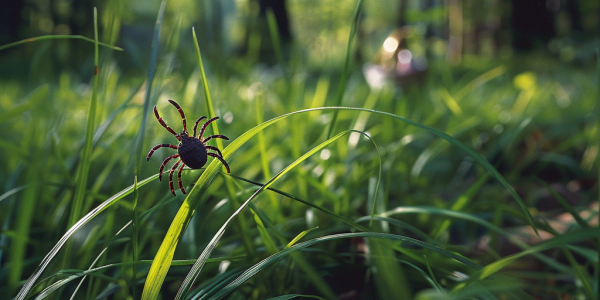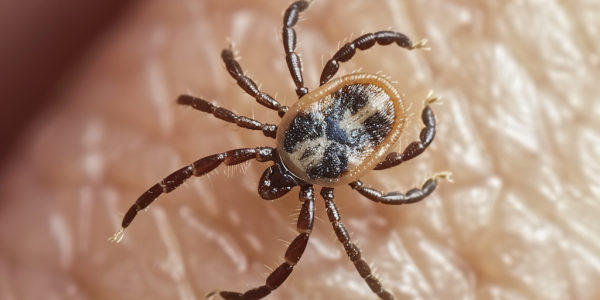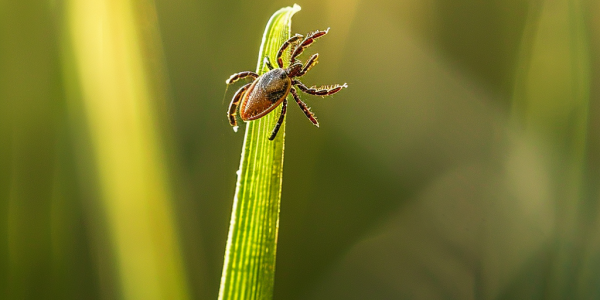Surge in Babesiosis Cases Raises Alarm Amid Climate Change Concerns
Recent research from Penn State Health reveals a concerning rise in babesiosis, a tick-borne disease, with an annual increase of 9% in the U.S. from 2015 to 2022. The study highlights the dangers of co-infection with other diseases like Lyme disease and emphasizes the need for heightened awareness and preventive measures as climate change alters tick habitats.
Idaho’s Unique Position Amid Rising Lyme Disease Cases Nationwide
As Lyme disease cases rise across the U.S., Idaho reports stable numbers thanks to unique environmental factors. The CDC highlights the importance of awareness and prevention, urging residents to take precautions against tick bites. Learn about symptoms, prevention strategies, and the evolving landscape of Lyme disease in Idaho.
First Human Case of Tick-Borne Disease Reported in Northeast
Connecticut reports its first human case of Rickettsia parkeri rickettsiosis, a tick-borne disease previously uncommon in the Northeast. Health officials warn of rising tick-borne disease threats due to climate change and urge preventive measures. Stay informed to protect yourself from emerging health risks.
Rising Lyme Disease Cases Linked to Climate Change
Lyme disease is increasing globally, largely due to climate change expanding tick habitats. Ticks, which are second only to mosquitoes in disease transmission, carry the bacteria Borrelia burgdorferi, the cause of Lyme disease. Symptoms can be misleading, complicating diagnosis and treatment. Learn more about the rising threat of Lyme disease and its impact on public health.
Rising Lyme Disease Cases Spark Urgency for Vaccine Development and Prevention Awareness
As tick season approaches, Lyme disease poses a significant public health challenge, with an estimated 476,000 cases annually in the U.S. Recent studies highlight the potential protective role of a protein in human sweat against Lyme disease, while a phase 3 clinical trial for a vaccine by Pfizer and Velnava could change prevention strategies. Increased awareness and preventive measures are crucial as cases continue to rise, underscoring the importance of early detection and treatment.
Stay Safe During Tick Season: Tips for Dealing with Lyme Disease
Tick season is here, and it’s crucial to know how to deal with suspected Lyme disease. Ticks can be found in grassy and wooded areas, targeting both humans and animals. Learn how to prevent tick bites and what to do if you suspect Lyme disease. Stay informed and protect yourself and your loved ones during tick season.
First Human Case of Lyme Disease in 2024 Reported in Middlesex County
The Middlesex-London Health Unit (MLHU) has reported the first human case of Lyme disease in 2024, affecting an adult from Middlesex County. Dr. Joanne Kearon from MLHU highlighted the significance of this case being diagnosed earlier in the year compared to typical Lyme disease cases. Ontario is known to have 13 established species of ticks, with many more reported across the province. These insects, active mostly during the summer months, pose health risks as they can carry infectious agents, including Lyme disease.
Protect Yourself from Lyme Disease This Summer
Learn how to protect yourself from Lyme disease this summer by taking precautions such as using bug spray, wearing appropriate clothing, conducting daily tick checks, and following guidelines for tick removal and bite care. Stay safe and informed with tips from Hastings & Prince Edward Public Health.
Lyme Disease Poses Growing Threat to Dogs Across the U.S.
Learn about the increasing risk of Lyme disease for dogs in the United States, with experts warning of a rise in cases nationwide. Discover the symptoms to watch out for, the states with high risk, and the importance of tick prevention to safeguard your furry companions.
The Growing Threat of Lyme Disease in the US
Learn about the history and spread of Lyme disease in the US, with climate change playing a significant role in the increase of cases. Find out how ongoing research is crucial in the fight against this vector-borne disease.

